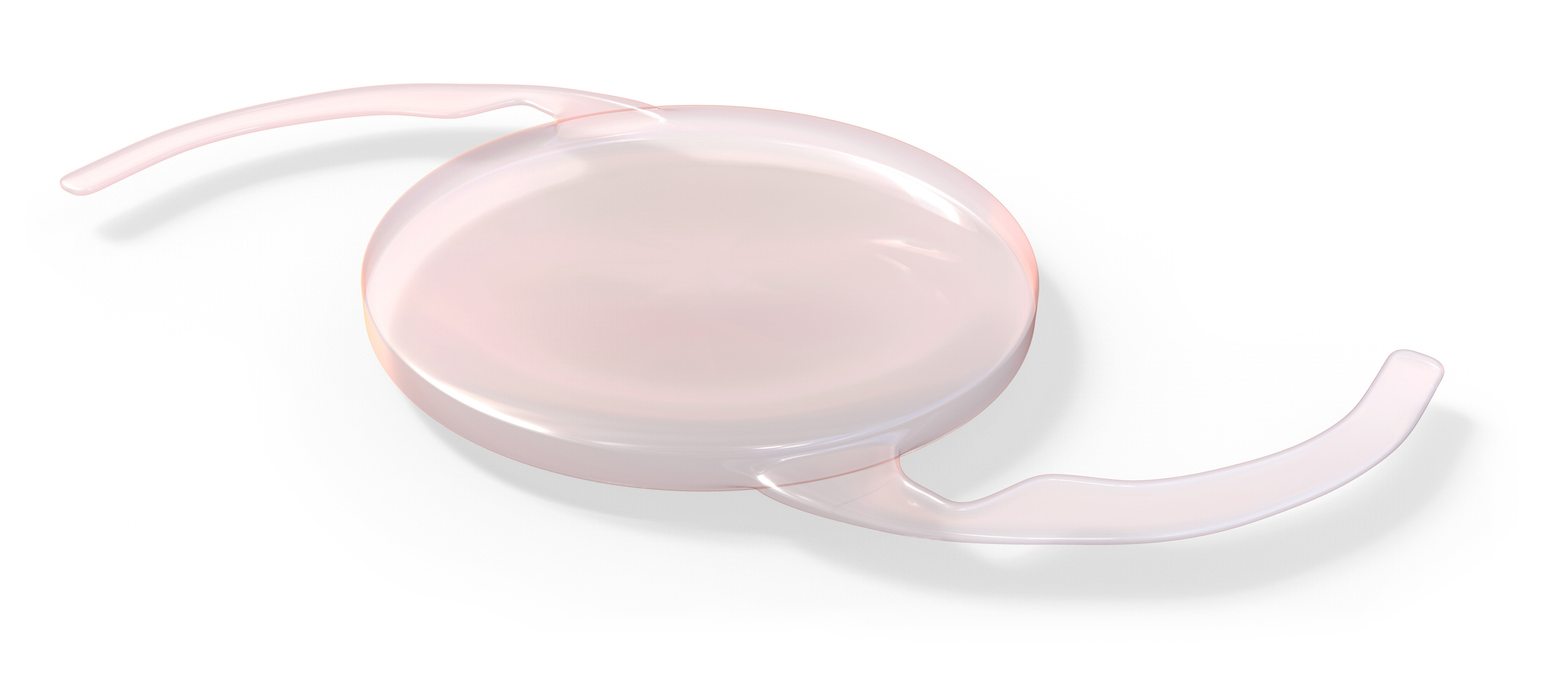 Cataracts cause our eye’s natural lens to become cloudy, like looking through a foggy windshield. During cataract surgery, your eye’s natural, clouded lens is removed and replaced with a clear, artificial lens. This is called an intraocular lens (IOL) implant.
Cataracts cause our eye’s natural lens to become cloudy, like looking through a foggy windshield. During cataract surgery, your eye’s natural, clouded lens is removed and replaced with a clear, artificial lens. This is called an intraocular lens (IOL) implant.
Just like prescription glasses or contacts, intraocular lens implants come in different focusing powers. Dr. Benaim will measure the length of your eye and the curve of your cornea. These measurements are then used to determine the right focusing power for your intraocular lens implants.
There are many different types of intraocular lens implants to consider, each of which has its own unique benefits. Dr. Benaim will work with you to determine which one is the best fit for your vision needs and answer any questions you may have about the procedure.
Here are four of the main types of intraocular lens implants:
Monofocal Intraocular Lens Implants
Monofocal intraocular lens implants are one of the most common types of lenses used in cataract surgery. As the name implies, they have just one focusing distance. Based on your vision, you may need monofocal IOLs that allow you to focus up close, at a medium range or from a distance. Generally, patients tend to use monofocal IOLs for clear distance vision and then use reading glasses for up close. You may also choose to have them set for near vision.
Multifocal Intraocular Lens Implants
Multifocal intraocular lens implants allow you to see clearly from a distance, at intermediate distances and up close. They’re designed with different focal zones or rings, each of which is set at a different power. As a result, patients generally become less dependent on reading glasses. If you are suffering from cataracts and have difficulty reading, seeing objects up close, or are having trouble driving, especially at night, a multifocal lens may be a great option for your vision needs.
Toric Intraocular Lens Implants
Toric IOLs are specifically designed for people with astigmatism, which is a refractive error caused by an uneven curve in your cornea and lens. When implanted into the eye, toric lenses can help to resolve that issue. Many toric lenses are designed to help with continuous and up-close vision, as well as contrast for day and night.
Extended Depth of Focus Lens Implants
Extended Depth of Focus (EDOF) lenses are a type of intraocular lens that is designed to provide crisper vision. It works by creating a single elongated focal point, which extends your range of vision. EDOFs have been shown to help reduce dependency on glasses.
Not sure which intraocular lens is best? Dr. Benaim can help you weigh the options.
To schedule an appointment, call our office at 561-747-7777.
 New Address:
New Address: